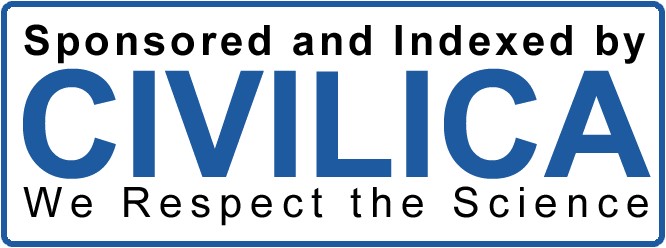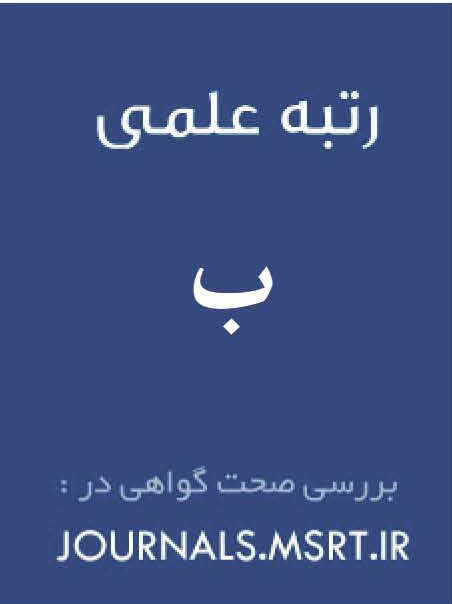Analyzing Motivational Strategies for Reducing Risky Sexual Behaviors in Adolescents: A Qualitative Study
Keywords:
Adolescents, Motivation, Risky Sexual Behaviors, Self-Efficacy, Sex Education, FamilyAbstract
This study aimed to identify and analyze motivational strategies effective in reducing risky sexual behaviors among adolescents in Tehran. This research employed a qualitative design using conventional content analysis. Nineteen adolescents aged 15 to 18 from Tehran were selected through purposive sampling. Data were collected through semi-structured interviews and continued until theoretical saturation. NVivo software was used to assist in thematic data analysis. The analysis revealed three main categories: "Individual Motivations for Self-Care," "Family's Role in Shaping Motivation," and "Social and Cultural Influences." Each category encompassed several subcategories such as awareness of consequences, sexual self-efficacy, past negative experiences, parental support, peer pressure, and media impact. The findings emphasized the importance of intrinsic motivation, emotional family support, and effective education in promoting safe sexual behavior among adolescents. Multilevel motivational strategies can play a significant role in preventing risky sexual behaviors in adolescents by enhancing awareness, building self-efficacy, and providing social support. It is recommended to design comprehensive interventions involving families, schools, and media platforms.
Downloads
Downloads
Published
Submitted
Revised
Accepted
Issue
Section
License

This work is licensed under a Creative Commons Attribution-NonCommercial 4.0 International License.






